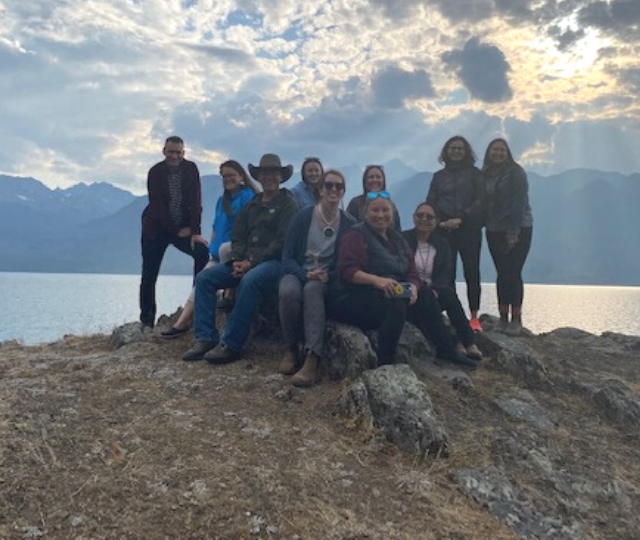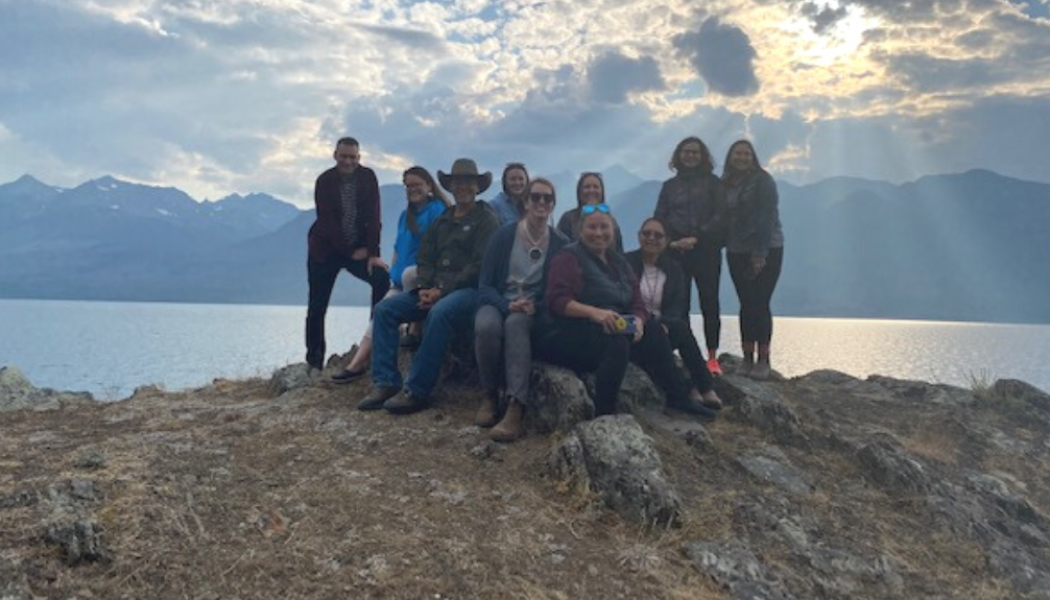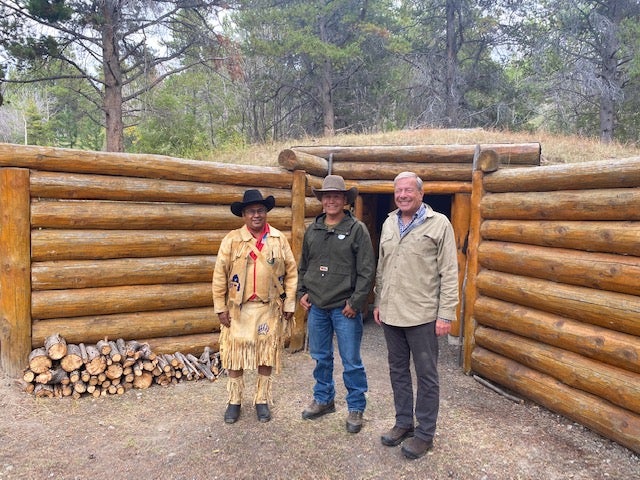How do health and wellness leaders gain perspective on the health challenges faced by rural and remote communities? They make time to visit with the people who live there, listen to their stories, and build meaningful relationships.
Recently, the Xeni Gwet’in First Nation hosted a meeting of the Partnership Accord Leadership Table (PALT), a regional table comprised of the seven Interior Region First Nation Executives, Interior Health board and senior executive team members, and First Nation Health Authority (FNHA) executives. PALT meets quarterly to strategize and make decisions around the health and wellness needs of First Nations peoples.
The meeting marked the first time that PALT met outside of a large urban centre, reflecting a decision by representatives to hold every second meeting in a First Nation community within the Interior region. Given that half of Aboriginal populations live in rural and remote communities across the Interior, this decision provides valuable first-hand insight into the unique challenges they experience.

Xeni Gwet’in is one of six communities within the Tsilhqot’in Nation, located approximately 200 kilometres west of Williams Lake. The community is nestled in a remote valley surrounded by coastal mountains. Glacier-fed lakes and rivers provide important salmon grounds. Approximately 150 Tsilhqot'in deni (people) live within the territory; an additional 250 community members live across colonial Canada.
One challenge faced by rural and remote communities such as Xeni Gwet’in is the logistics of travel. Located three hours by car from Williams Lake and eight hours from Kelowna, the final 100 kilometres approach is gravel road. Car issues such as blowouts are not uncommon. With no repair shops nearby, both collaboration and self-sufficiency are crucial. Health-care service delivery in rural and remote areas requires innovative approaches, such as an increased reliance on digital health services to meet these challenges.

Another challenge facing many rural, remote and Aboriginal communities is water quality. Unsafe drinking water has serious, long-ranging health effects. At the time of the PALT meeting, only half of the community had access to clean, drinkable water. A major project is underway in the community to ensure that drinking water is available to all.
The opportunity to travel into Xeni Gwet’in provided valuable learning experiences, including a deeper understanding of the challenges faced by many First Nations in caring for their people, one of them being equitable access to health care.


















